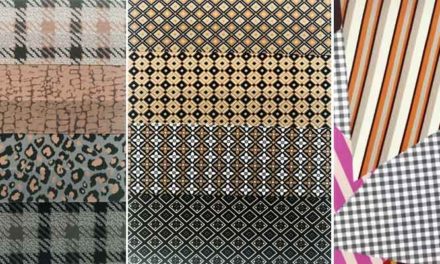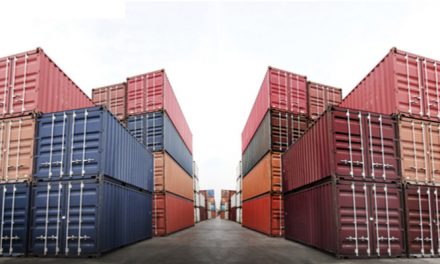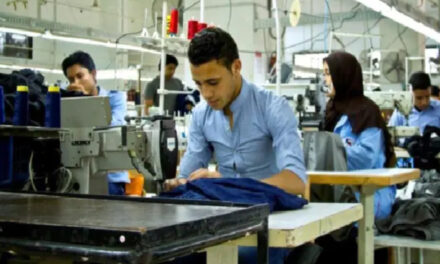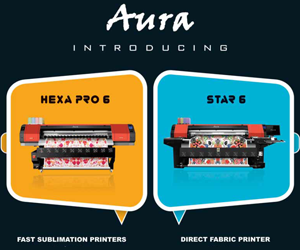 The UK Fashion and Textile Association (UKFT) says it’s been buoyed by the response of textile businesses in the North West to its Made Smarter technology adoption programme. The scheme was created to promote the financial and sustainability benefits of digital manufacturing solutions, and support local firms as they get to grips with the latest technology.
The UK Fashion and Textile Association (UKFT) says it’s been buoyed by the response of textile businesses in the North West to its Made Smarter technology adoption programme. The scheme was created to promote the financial and sustainability benefits of digital manufacturing solutions, and support local firms as they get to grips with the latest technology.
“The textile industry in the North West was at the centre of the first industrial revolution with technological advances enabling cottons, wools, silks and dyestuffs to be produced at unprecedented rates for export around the globe. It is fitting that Made Smarter is now offering its support and expertise to help the same industry embrace the opportunity to lead the fourth industrial revolution,” said the association in a statement.
Around 125 companies from the sector are currently engaging with the programme by tapping into impartial expert technology advice and attending digital transformation workshops to help them take their first steps. A leadership programme is also on offer to support senior officials as they oversee technological transformations within their companies.
“COVID-19 has had a huge impact on the industry with supply chains broken, falling sales and regrettably, some businesses having to close. Rebuilding is an opportunity to create a more sustainable approach which enables better resilience by taking advantage of the new digital technologies,” commented Alain Dilworth, the North West adoption programme manager at Made Smarter.
“I am delighted that Made Smarter has been able to support so many of the region’s textile manufacturers to start their digitalisation journey. Our ambition now is to reach out to the hundreds of others across the region to support them to take their first steps to future-proof their business.”
Adam Mansell, the UKFT’s chief executive, deems the adoption of technological innovations as paramount to the country’s sector if it’s to keep pace with the global industry.
“The UK fashion and textile industry has a worldwide reputation for originality, quality, and innovation, combining skilled design and craftsmanship with cutting-edge technology,” he said.
“To continue building on this achievement and ensure the UK remains competitive against global competition, manufacturers need to embrace current and emerging technologies, and the huge potential digitisation offers, as well as to raise the skills and productivity of the people who work in our sector to the highest level.”
 The UK Fashion and Textile Association (UKFT) says it’s been buoyed by the response of textile businesses in the North West to its Made Smarter technology adoption programme. The scheme was created to promote the financial and sustainability benefits of digital manufacturing solutions, and support local firms as they get to grips with the latest technology.
The UK Fashion and Textile Association (UKFT) says it’s been buoyed by the response of textile businesses in the North West to its Made Smarter technology adoption programme. The scheme was created to promote the financial and sustainability benefits of digital manufacturing solutions, and support local firms as they get to grips with the latest technology.












